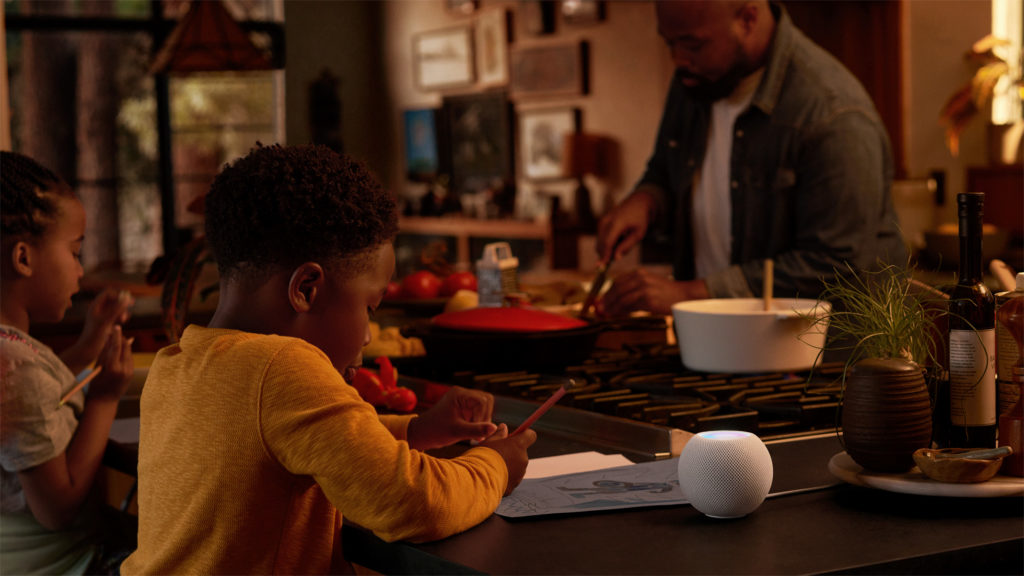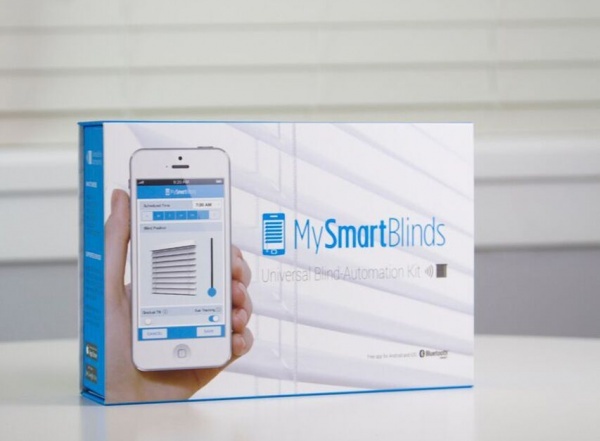This week’s IoT podcast kicks off with a focus on Apple’s new HomePod mini and the inclusion of the Thread protocol on the device. We then discuss how it fits into the world of smart speakers and my own recent purchases, such as my feelings about the Echo Studio and the Nest Audio. We then talk about the $129 Nest Thermostat and what cheap thermostats mean for the smart home. From there we share news about e-waste, AR goggles for dogs, smart benches in Auckland, Alphabet’s smart farming device, and Cisco’s easy IoT sensors. We then answer a listener question about the purpose of hubs.

This week’s guest is a blast from the past. I am running my chat with Dan Jeavons, general manager – Data Science at Shell, who spoke at my event in July focused on machine learning at the edge. I am running his interview because ML at the edge is getting a lot more attention and Jeavons did a good job explaining what it can and can’t do yet, and how hard it is to use machine learning in edge use cases. We also talked a bit about synthetic data, another hot topic. So if you attended the event, this guest will sound familiar, but many of y’all will likely hear it for the first time.
Hosts: Stacey Higginbotham and Kevin Tofel
Guest: Dan Jeavons, general manager – Data Science at Shell
Sponsors: Silicon Labs and Very
- Why does Apple’s Homepod mini have a Thread radio?
- Which $99 smart speaker is right for you?
- What inexpensive thermostats say about the smart home
- How Shell is using machine learning at the edge
- Why doesn’t machine learning scale at the edge?
Podcast: Play in new window | Download | Embed
Subscribe: RSS

